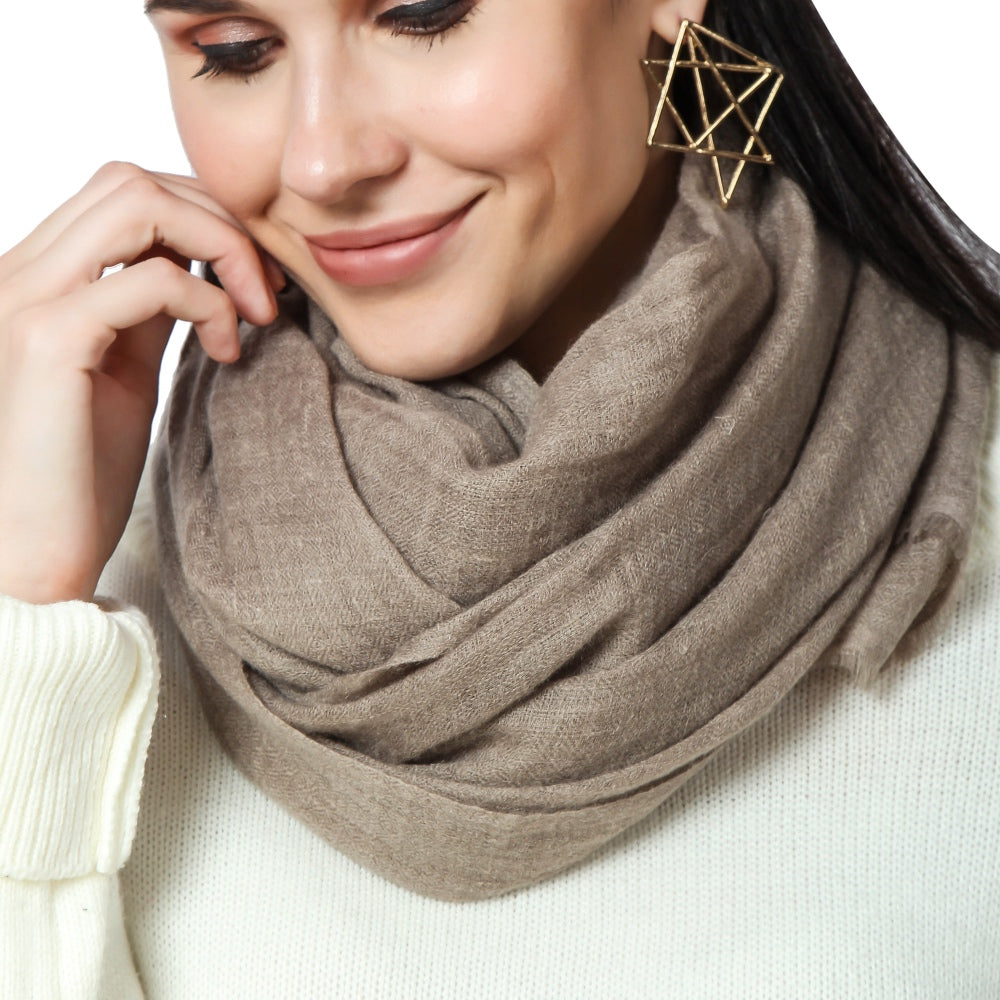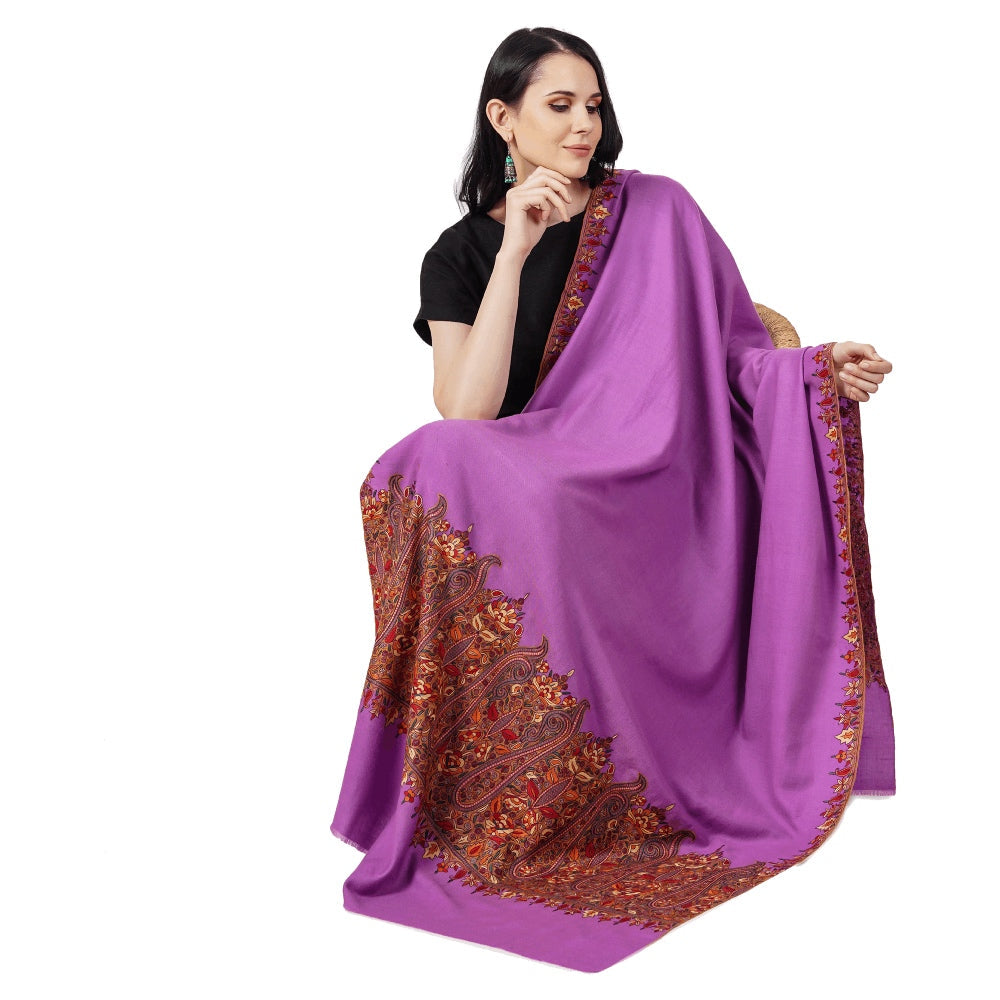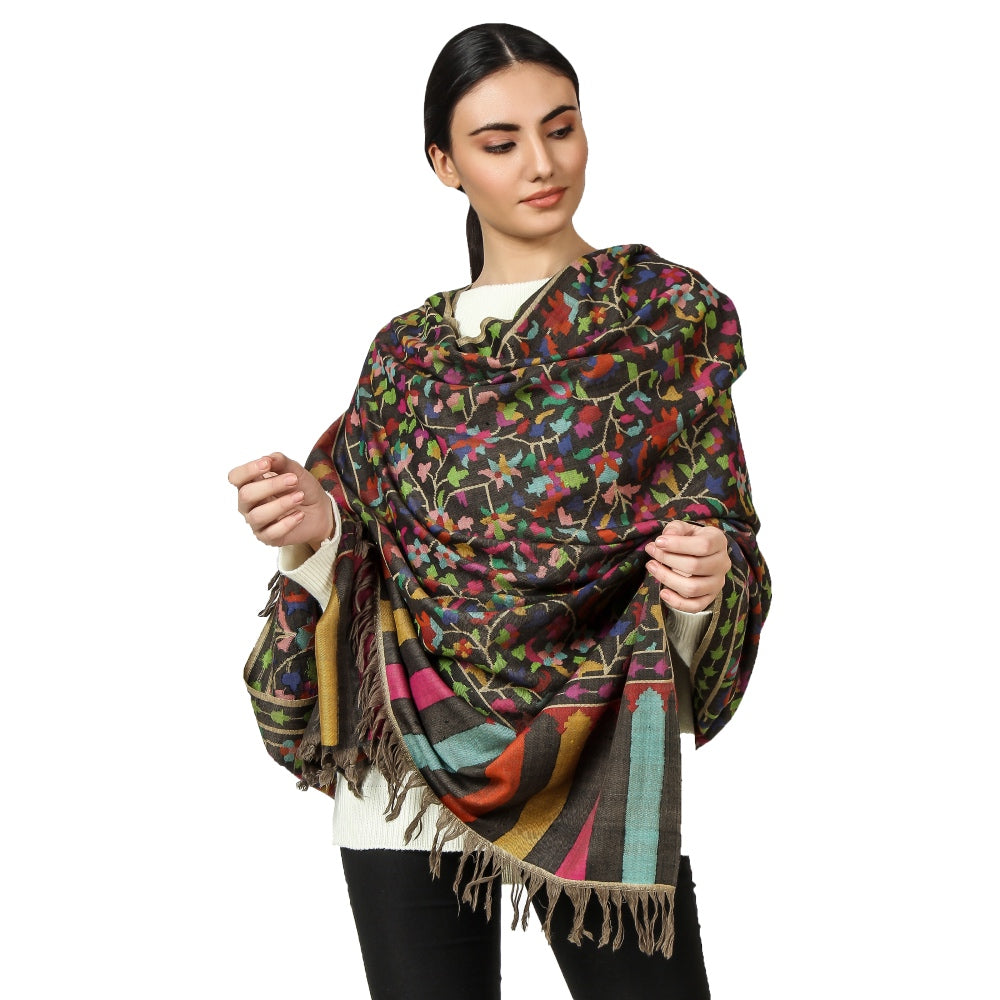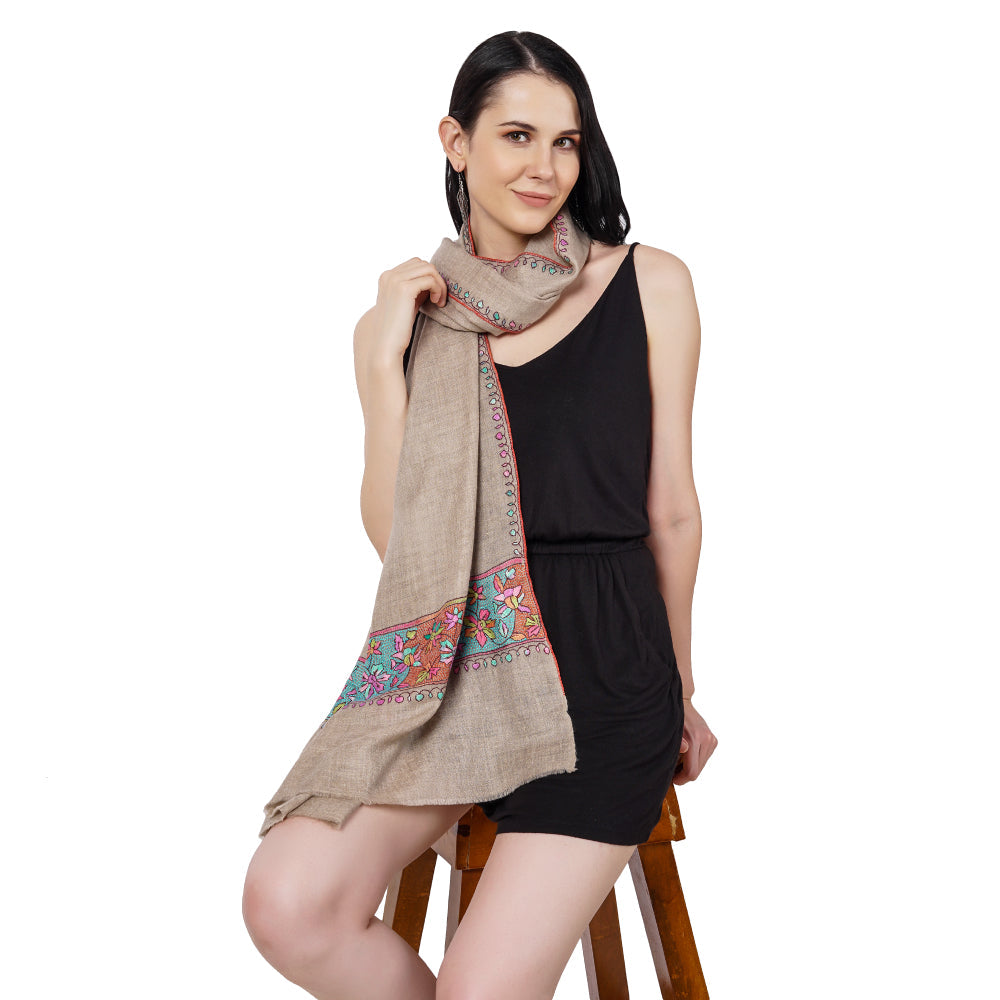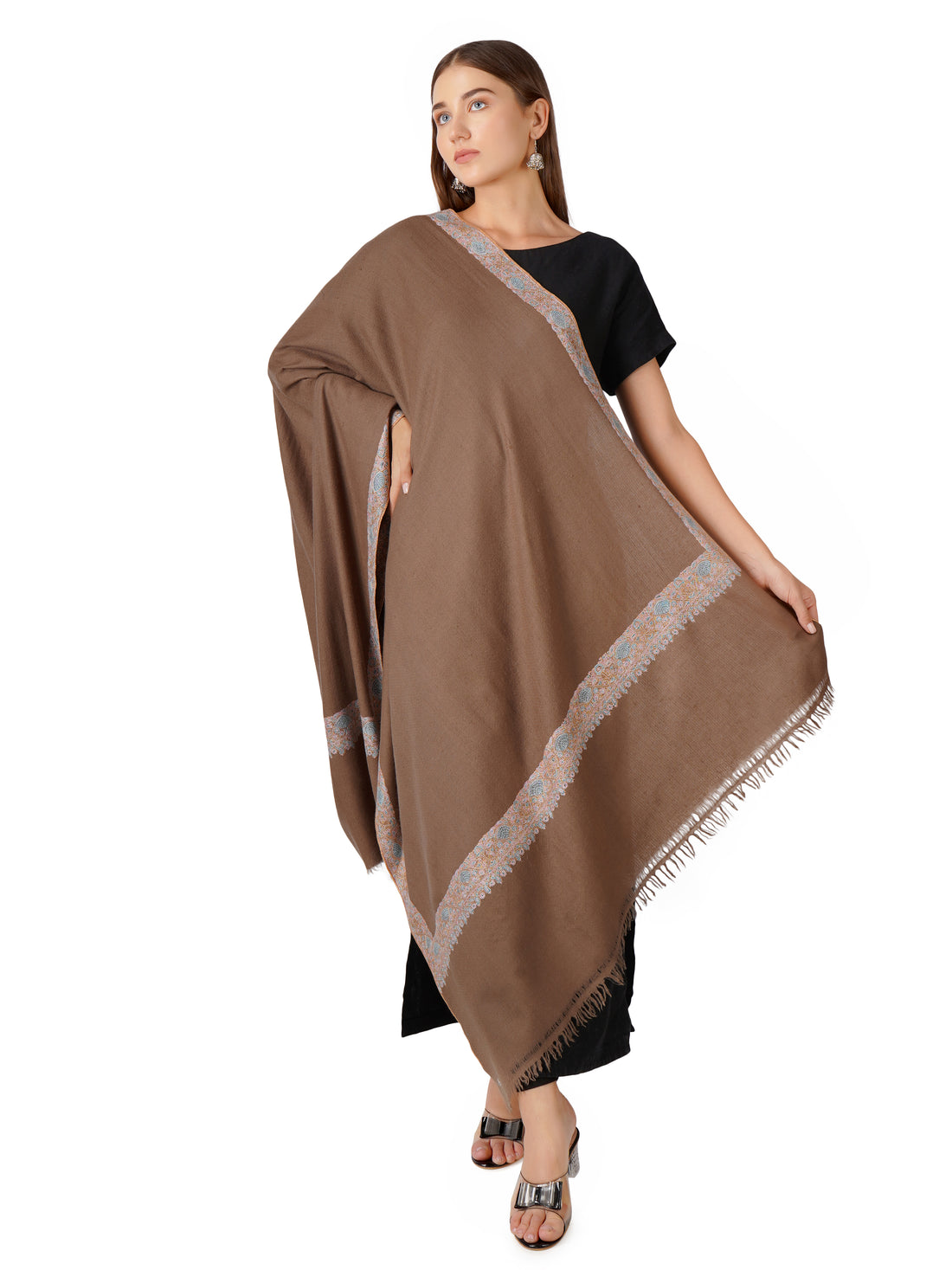
Are Pashmina Shawls Banned?
Share
Pashmina shawls have long been celebrated for their luxurious texture, intricate craftsmanship, and timeless appeal. But a recurring question among consumers is whether Pashmina shawls are banned. This query often stems from confusion surrounding wildlife protection laws and ethical concerns about fabric sourcing. Let’s clarify the situation and explore the legal and ethical status of Pashmina shawls.
Why the Question of a Ban Arises
The notion that Pashmina shawls might be banned often stems from the misunderstanding between Pashmina and Shahtoosh shawls:
-
Shahtoosh Shawls: These are made from the fine undercoat of the endangered Tibetan antelope, also known as the chiru. Harvesting Shahtoosh involves is a time consuming process and each shawls needs wool from multiple antelopes, As these antelopes are rare and endangered it leads to a global ban on its production and trade under the Convention on International Trade in Endangered Species (CITES).
-
Pashmina Shawls: In contrast, Pashmina is derived from the soft undercoat of Himalayan goats, primarily the Changthangi breed. This process is humane and does not harm the animals, making Pashmina an ethical and legal product.
Unfortunately, the similarities in the luxurious reputation of these two fabrics often lead to confusion, raising concerns about the legality of Pashmina shawls.

Clarification: Pashmina vs. Shahtoosh
Understanding the difference between Pashmina and Shahtoosh is crucial:
-
Ethical Sourcing: Pashmina wool is obtained during the natural molting season of Himalayan goats. Artisans collect the wool without causing harm to the animals.
-
Legal Status: Shahtoosh shawls are illegal due to the endangerment of Tibetan antelopes. However, Pashmina shawls are entirely legal and are promoted as a sustainable and ethical luxury product.
It’s important to distinguish between these two fabrics to ensure informed purchasing decisions and avoid perpetuating misconceptions.
Legal Status of Pashmina Shawls
Pashmina shawls are not banned. On the contrary, they are recognized as a symbol of heritage and craftsmanship, particularly in regions like Kashmir where their production is an age-old tradition.
-
Geographical Indication (GI) Tags: Authentic Pashmina shawls from Kashmir are protected under the GI certification, which ensures quality and authenticity.
-
Regulation of Counterfeits: Some regulations aim to curb the sale of counterfeit or low-quality Pashmina products, but these measures are in place to protect artisans and consumers, not to ban genuine Pashmina shawls.
In summary, genuine Pashmina shawls are entirely legal and highly valued globally.
How to Ensure Ethical and Legal Purchases
To avoid confusion and ensure you’re buying authentic, ethical, and legal Pashmina shawls, consider the following tips:
-
Check for GI Tags: Ensure the shawl carries a Geographical Indication tag to confirm its authenticity and origin.
-
Buy from Reputable Sellers: Purchase from trusted retailers or artisans known for selling genuine Pashmina products.
-
Educate Yourself: Learn about the characteristics of authentic Pashmina, such as its softness, lightweight nature, and intricate craftsmanship.
-
Avoid Suspiciously Low Prices: Genuine Pashmina is a luxury product. Extremely low prices often indicate counterfeit or low-quality products.
Supporting authentic Pashmina not only guarantees you a piece of luxury but also helps sustain the livelihood of artisans and the heritage of traditional craftsmanship.
Final Thoughts: Pashmina Shawls Are Not Banned
Pashmina shawls are legal, ethical, and highly celebrated for their elegance and heritage. The confusion surrounding their ban often stems from their association with Shahtoosh, a completely different fabric derived from endangered animals. By distinguishing between the two and supporting authentic Pashmina products, consumers can enjoy these luxurious shawls guilt-free.
Investing in genuine Pashmina is not only a statement of style but also a way to celebrate sustainable luxury and preserve a centuries-old tradition. Choose wisely, and let Pashmina wrap you in timeless sophistication.



